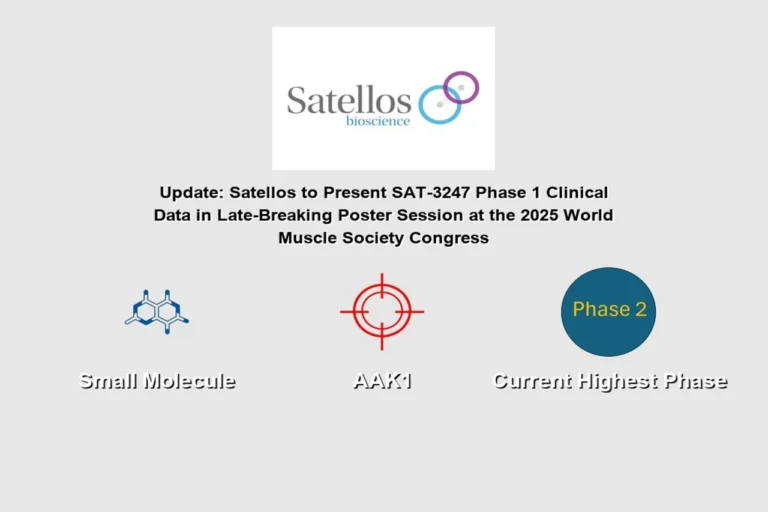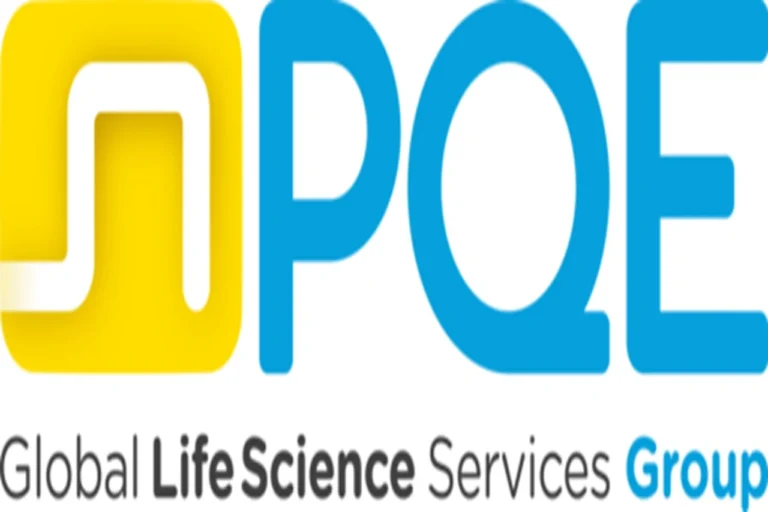
Johnson Matthey, a global leader in sustainable technologies, has received official validation for its science-based greenhouse gas emissions reduction targets from the Science Based Targets initiative (SBTi).
The SBTi has classified Johnson Matthey’s Scope 1 and 2 near-term targets as aligned with the 1.5°C trajectory. Additionally, the Target Validation Team has assessed the company’s long-term Scope 1, 2, and 3 targets, confirming they meet the SBTi’s 1.5°C mitigation pathways for 2050 or sooner, the most ambitious designation available.
This validation represents a significant milestone in Johnson Matthey’s sustainability journey and underscores the substantial progress made towards its long-term goals.
“It’s great that JM has received this recognition, highlighting all the work put into achieving these ambitious climate targets. Having our targets validated by the SBTi shows our commitment to our customers and driving our efforts towards the low-carbon transition,” said Anne Chassagnette, Chief Sustainability Officer.
About SBTi
The Science Based Targets initiative (SBTi) is a collaboration between CDP, the United Nations Global Compact (UNGC), World Resources Institute (WRI) and the World Wide Fund for Nature (WWF).
The SBTi defines and promotes best practice in science-based target setting and independently assesses companies’ targets.







